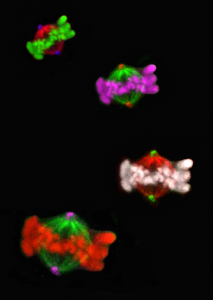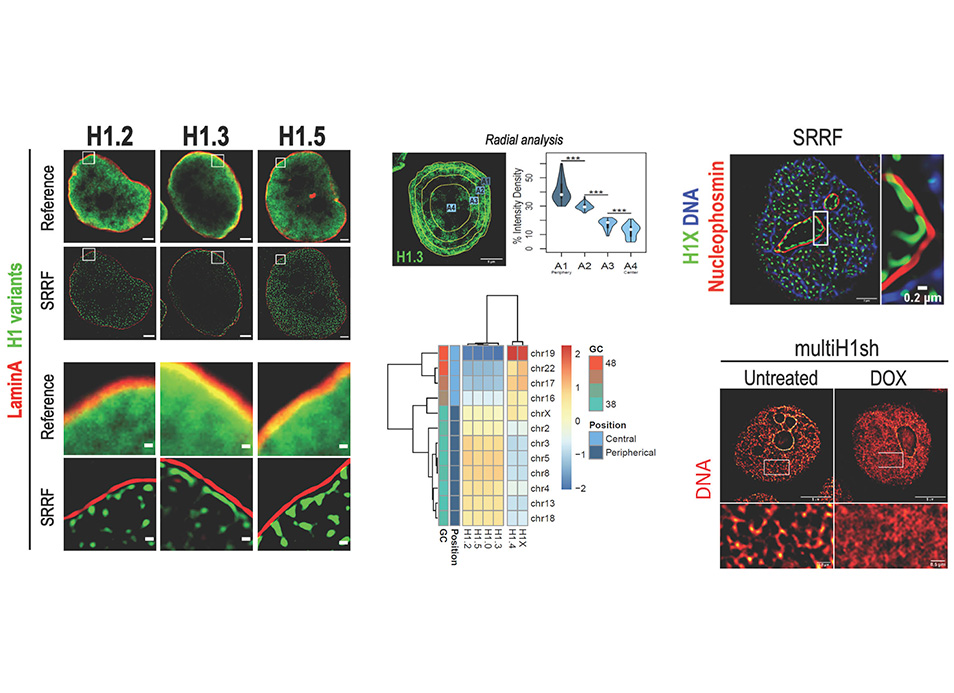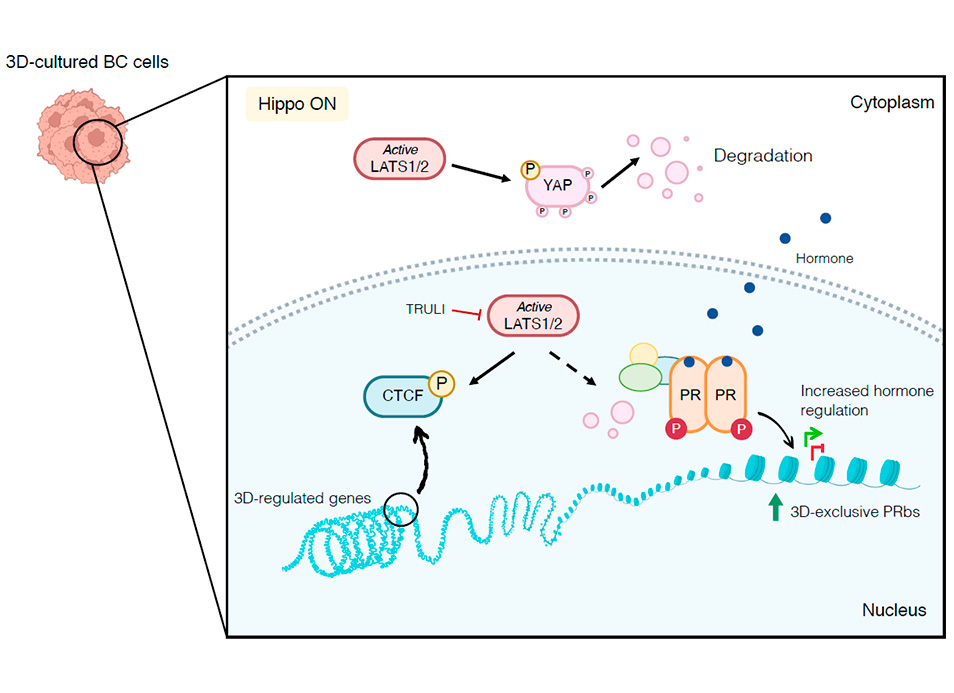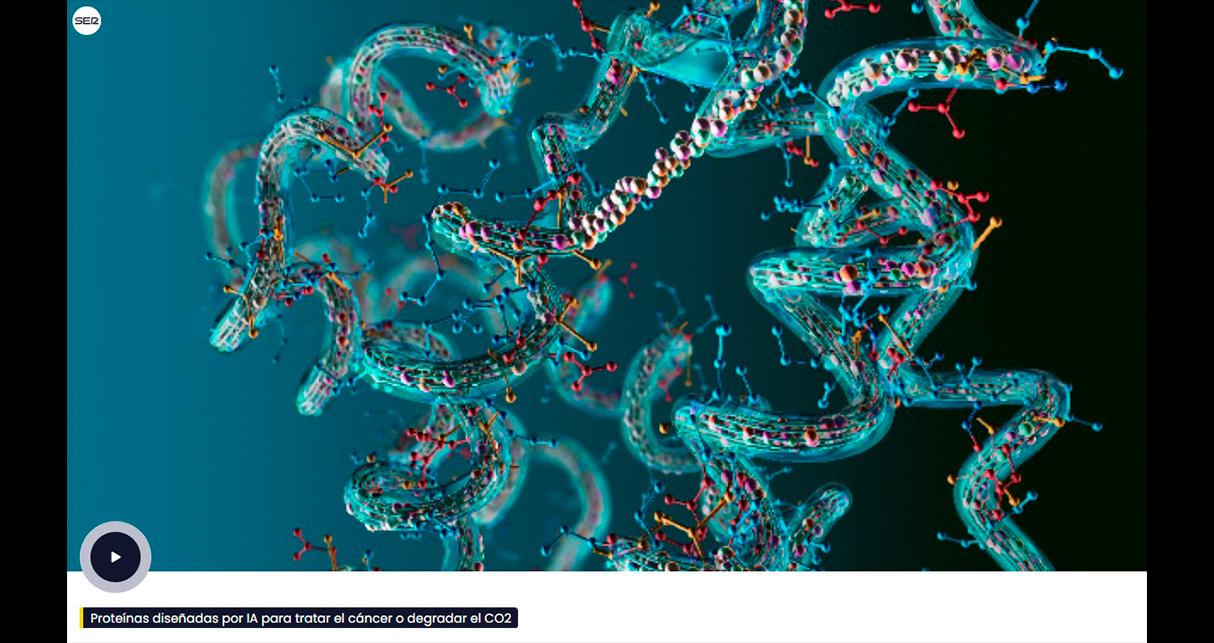New publication in eLife of the Jordan Lab in collaboration with the IBMB Imaging Platform showing that…
A centrosomal view of CNS growth
In this review article, Murielle Saade and cols discuss the multiple roles played by the centrosome in the control of embryonic growth of the vertebrate nervous system

Embryonic development of the central nervous system (CNS) requires the proliferation of neural progenitor cells to be tightly regulated, allowing the formation of an organ with the right size and shape. This includes regulation of both the spatial distribution of mitosis and the mode of cell division. The centrosome, which is the main microtubule-organizing centre of animal cells, contributes to both of these processes. Here, we discuss the impact that centrosome-mediated control of cell division has on the shape of the overall growing CNS. We also review the intrinsic properties of the centrosome, both in terms of its molecular composition and its signalling capabilities, and discuss the fascinating notion that intrinsic centrosomal asymmetries in dividing neural progenitor cells are instructive for neurogenesis. Finally, we discuss the genetic links between centrosome dysfunction during development and the aetiology of microcephaly.
A centrosomal view of CNS growth
Murielle Saade, Jose Blanco-Ameijeiras, Elena Gonzalez-Gobartt, Elisa Martí
Development 2018 145: dev170613 doi: 10.1242/dev.170613 Published 6 November 2018



